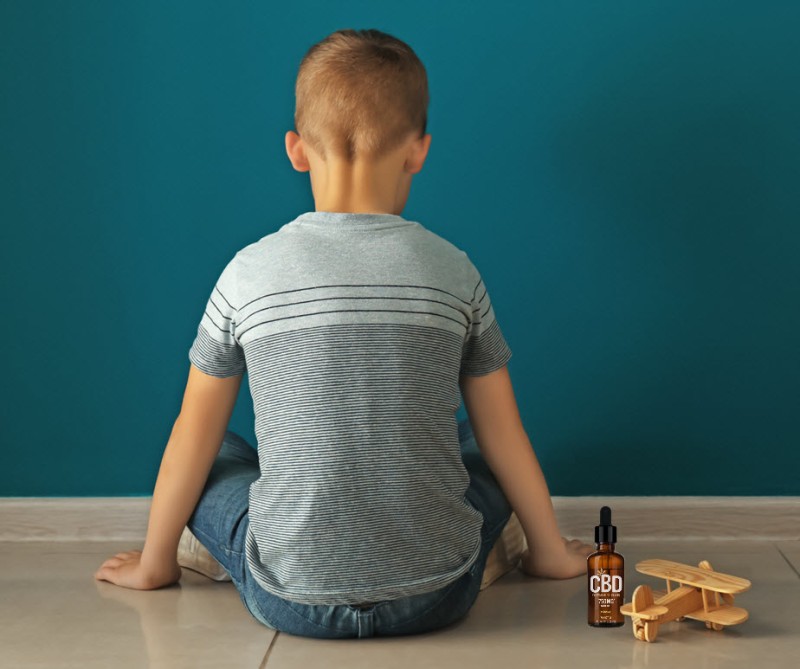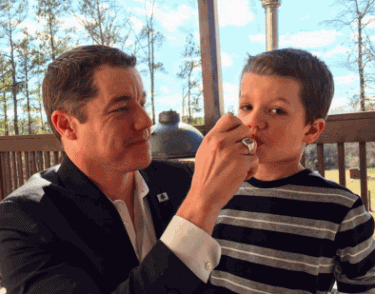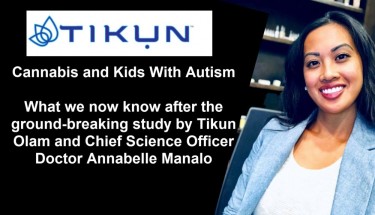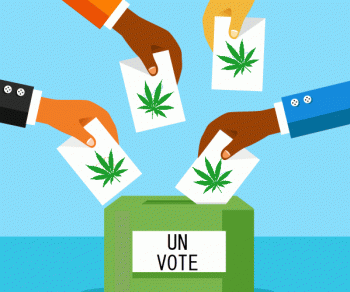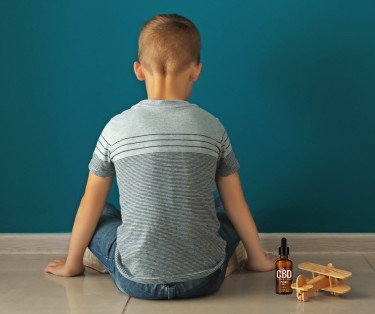
According to the Centers for Disease Control (CDC), around 1 in every 44 kids in the United States have an autism spectrum disorder.
While most cases are caused by genetics, there are other possible factors at play too. These include being born to older parents, and having a child with autism spectrum disorder means that there is a 2-18% chance that another child will be born with it. While early diagnosis and intervention is helpful in managing and mitigating symptoms, there are still many children who grow up to be adults living with challenging symptoms of autism.
Because autism affects the entire body, kids who end up growing to be adults with autism struggle with physical and mental health conditions. Some of these include depression, anxiety, chronic sleep issues, ADHD, epilepsy, schizophrenia, and so much more.
The Medical Cost of Autism
There are skyrocketing costs associated with raising a child with autism. On average, it costs around $60,000 a year during childhood with most of these costs going to special services as well as lost salaries because one or more parents need to take care of the children.
Meanwhile, it also has a serious impact on the economy. In 2015 alone, $268 billion was spent caring for individuals with autism in the United States; these figures are forecast to rise to $461 billion by 2025.
How Cannabis Helps
There is an increasing number of studies that show cannabis and its non-psychoactive compound, CBD, to be beneficial for treating children with autism spectrum disorder. Normalizing cannabis as an autism medication, instead of other conventional medications that have a lot of serious side effects, will be the key in helping more people live lives as normal as possible, despite being born with autism.
The latest study, which was released in late December 2021, was from Istanbul in Turkey where researchers studied the use of CBD-dominant extracts among 23 adolescent participants who had mild to severe autism. “Main improvements of the treatment were as follows: a decrease in behavioral problems was reported in 10 patients (32.2%), an increase in expressive language was reported in patients (22.5%), improved cognition was reported in 4 patients (12.9%), an increase in social interaction was reported in 3 patients (9.6%), and a decrease in stereotypes was reported in 1 patient (3.2%). The parents reported improvement in cognition in patients who adhered to CBD-enriched cannabis treatment for over two years,” report the investigators.
However, there were 6 patients that showed no significant changes in behavior.
“Using lower doses of CBD and trace THC seems to be promising in managing behavioral problems associated with autism,” conclude the authors.
Meanwhile, in June 2021, a similar study from Brazil showed that cannabinoids were promising for treating autism. Brazilian researchers reviewed 9 clinical trials that analyzed the impact of cannabinoids in patients with autism spectrum disorder. The participants in 5 of the studies were given plant-derived oil extracts, while 2 studies focused on only the use of CBD; one study assessed CBDV (cannabidivarin) while the last one analyzed the use of oral THC in dronabinol form.
Positive changes in the symptoms of autism were identified after administering cannabinoids, such as “decreased bouts of self-mutilation and anger, hyperactivity, sleep problems, anxiety, restlessness, psychomotor agitation, irritability, perseverance, aggressiveness, and depression and improvement in sensory sensitivity, cognition, attention, social interaction, and language.” In addition, any side-effects were reported to range from mild to moderate.
“Cannabis and cannabinoids have very promising effects in the treatment of autistic symptoms and can be used in the future as an important therapeutic alternative,” the authors concluded.
In 2019, a study this time from Israel proves that cannabis can be a beneficial treatment for kids under 18 who suffer from autism. Investigators from the Ben-Gurion University of the Negev, together with the Soroka University Medical Center, found that 80% of participants showed some level of improvement following 6 months of treatment with cannabis.
“We analyzed the data prospectively collected as part of the treatment program of 188 ASD patients with medical cannabis between 2015 and 2017. The treatment in majority of the patients was based on cannabis oil containing 30% cannabidiol oil (CBD) and 1.5 tetrahydrocannabinol (THC). Symptoms, patient global assessment and side effects at six months were primary outcomes of interest and were assessed by structured questionnaires,” explains Dr. Gal Meiri from the Negev Autism Center.
Specifically, they found that 30% of patients saw significant improvement after 6 months of treatment, 53.7% saw moderate beneficial changes, while 15% had a slight or no change. Additionally, the study examined the benefits of cannabis on the quality of life of the participants. The researchers looked at mood, quality of life, and their ability to do activities pertaining to daily living before treatment as well as after 6 months. Before treatment, 31.3% of patients reported good quality of life which doubled to 66.8% after 6 months; they also found that positive mood was experienced by patients at 42% prior to treatment, then it rose to 63.5% after 6 months.
On top of that, the findings revealed that using cannabis oil was beneficial for improving concentration and sleep.
“While this study suggest that cannabis treatment is safe and can improve ASD symptoms and improve ASD patients’ quality of life, we believe that double blind placebo-controlled trials are crucial for a better understanding of the cannabis effect on ASD patients,” says Dr. Victor Novack, from the BGU-Soroka Clinical Cannabis Research Institute.
With a majority of the studies showing helpful improvements, it’s certainly a medication that parents can consider for their children with the guidance of a physician.
AUTISM, CBD, AND KIDS, READ MORE...
DALE JACKSON ON COLIN'S VOICE CBDCANNABIS DROPS FOR HIS SON!

